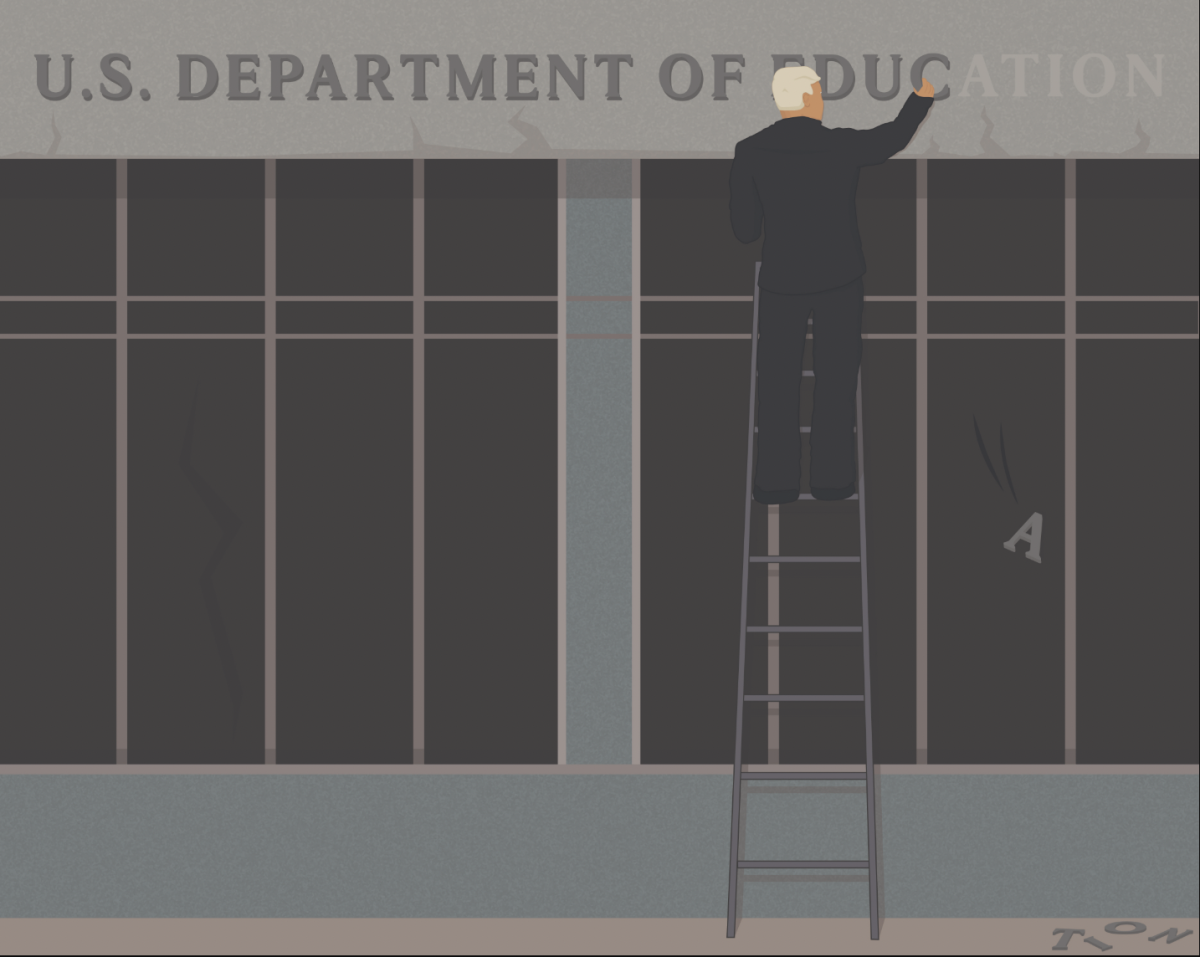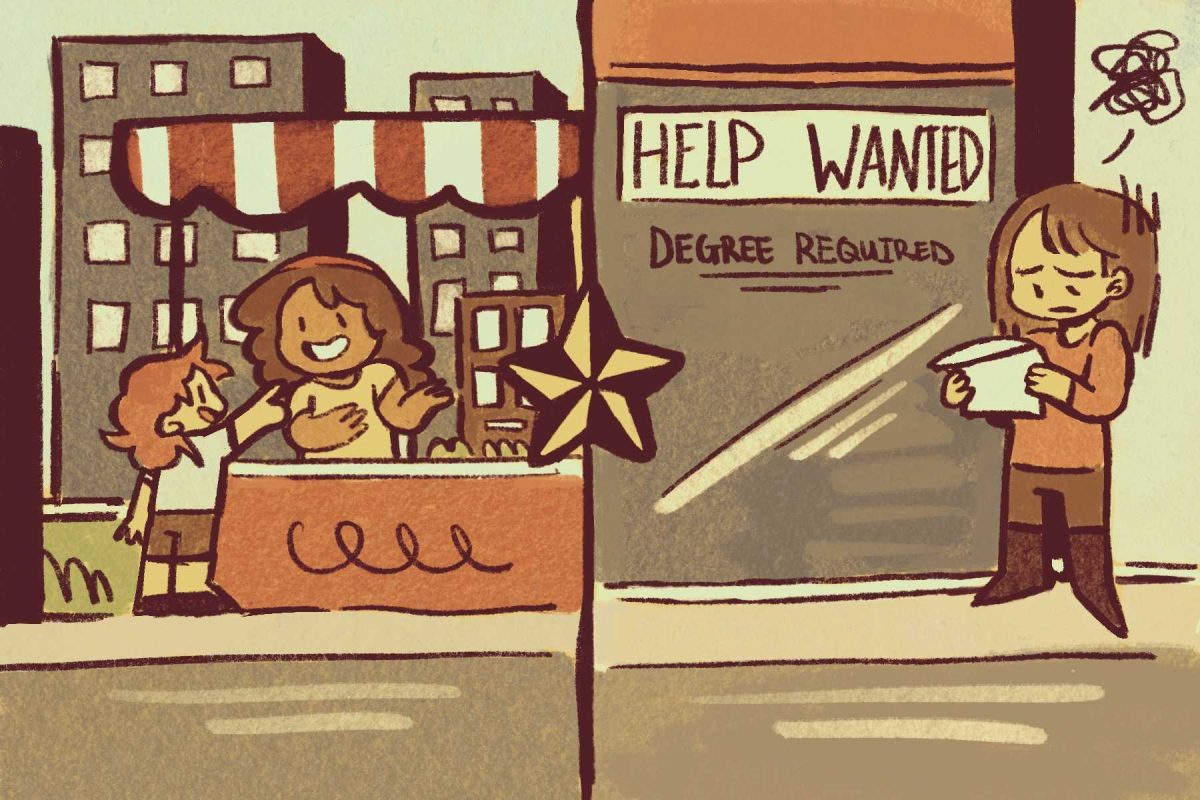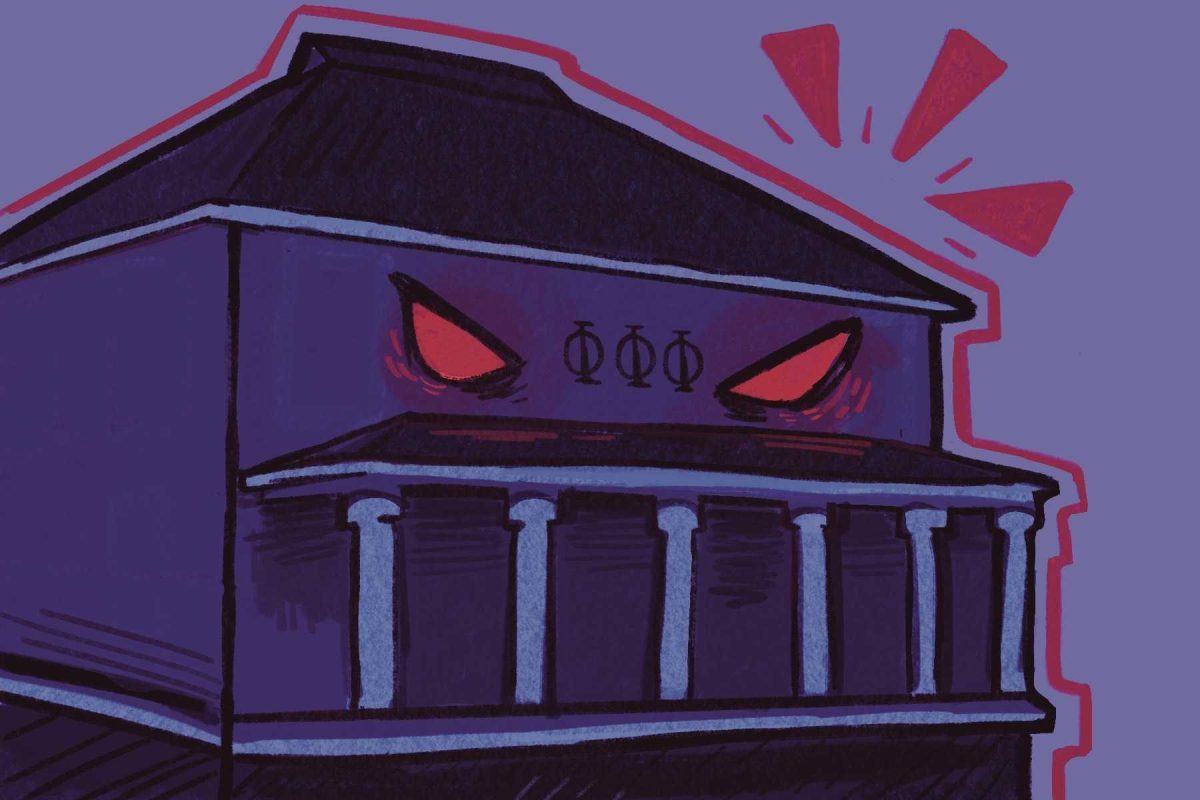On June 19, 1865, two years after the Emancipation Proclamation was signed, General Gordon Granger of the Union army arrived in Galveston, Texas, and proclaimed that slaves were free. The day is recognized as “Juneteenth.”
As an editorial board, we could have written 1000 words containing more facts we googled about the holiday or learned in the past few days, but we would be doing our audience a disservice. What we have highlighted thus far is all we really know about the holiday.
Why? Our education failed us, and we failed ourselves as students and journalists.
When we were young we were taught white American history. We sailed the seas with Christopher Columbus, signed the Declaration of Independence with Thomas Jefferson and imagined Abraham Lincoln reciting the Emancipation Proclamation. We learned the tragedy of Pearl Harbor and the heroism of every soldier at war.
We learned about the significance of the Fourth of July, the Civil War and Vietnam War protests. We were taught a specific version of American history, and Juneteenth was always left out. We were essentially groomed to idolize and respect a white America—one that would not be possible without the signatures of white men.
Now, 155 years since Juneteenth originated, we realize this is one of many events in Black history that we as a society have left out of the history books—a significant chapter blurred over. Juneteenth is the one holiday we cannot explain the importance of; the one holiday we fail to highlight and celebrate appropriately.
We feel horrible and embarrassed that it has taken the recent murders of George Floyd, Breonna Taylor, Rayshard Brooks and countless others, to acknowledge how little light we shed on this day.
Ask a room full of people if they learned about Juneteenth in a history class; we do not imagine very many would raise their hands. Those who were taught Juneteenth were the lucky ones. At Texas State, if you never met a Dr. Ronald Johnson, Dr. Sherri Benn, Dr. Dwight Watson or Dr. Joanne Smith—all Black faculty or administration—and the other select few that have made teaching it a priority, you are likely in the same boat as us.
However, it should not be the duty of Black leaders to teach Black history. Juneteenth originated in Texas, yet the Texas school system failed to communicate the importance of it.
These issues are a reflection of society as a whole. We only go soul searching when things are at their worst. We only speak up when people scream at us.
Instead of learning these things as we grow up, we, later in life, conduct our own research in order to gain knowledge on the real American history. We buy books to learn about Black cowboys, Black people being disproportionately affected by mass incarceration in the U.S, and the vicious murder of Emmett Till.
We Google the significance of Juneteenth, the Tulsa Race Massacre and Rosewood Massacre, because unlike the American Revolution and “Founding Fathers,” these events were not ingrained in our knowledge.
It is unfortunate that the systemic racism, brutality and murder of Black people are what made us all educate ourselves. We could sit here and tell you how we should all do better, but we are not here for performative action and lip service.
It all comes down to creating more space for Black voices within our organization, having difficult conversations that challenge traditional ways of thinking, reaching out to our Black audience members for input and holding this university accountable when its policies and procedures are not in the best interests of Black students and faculty.
Juneteenth is a significant day in U.S. history, but we would have ignored it again if our country was not in its current condition—and that is a sad reality.
Categories:
History failed us, we failed ourselves: We do not know enough about Juneteenth
June 19, 2020
The Mainpoint is an opinion written collectively by The University Star’s Editorial Board. Opinions expressed are not necessarily those of our entire publication.
0
Donate to The University Star
Your donation will support the student journalists of Texas State University. Your contribution will allow us to purchase equipment and cover our annual website hosting costs.
More to Discover















